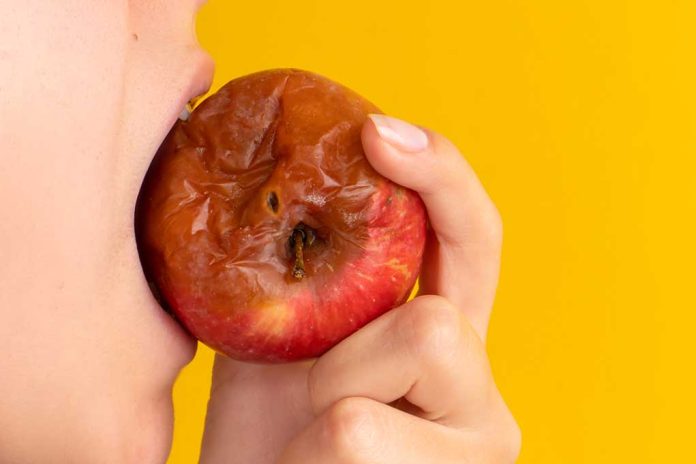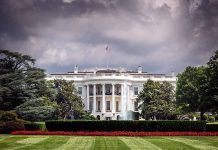
Robert F. Kennedy Jr. aims to reshape America’s food landscape by prioritizing public health and environmental sustainability—prompting a crucial question about the feasibility of his ambitious plans.
At a Glance
- Robert F. Kennedy Jr. proposes “Make America Healthy Again” to tackle chronic diseases.
- Kennedy’s reform plan includes replacing federal health agency staff.
- A potential national emergency may be declared over chronic diseases.
- Kennedy’s proposal garners support from both major political parties.
Kennedy’s Bold Vision
Robert F. Kennedy Jr. has outlined an ambitious platform known as “Make America Healthy Again” under the Trump administration, with a robust focus on combating chronic diseases. Kennedy asserts that big pharma and the food industry are mass-poisoning Americans, and emphasizes the need for stricter regulation. Given two years to demonstrate significant progress in addressing these health concerns, he plans to introduce substantial reforms within the Health and Human Services department to address these issues.
His platform includes overhauling federal health agencies, aiming to decouple them from the interests of large corporations. Kennedy stresses the importance of transparency, advocating for the removal of questionable food ingredients and chemicals from U.S. food supplies. By focusing on these, he hopes to address pressing health issues, notably autism, ADHD, diabetes, and obesity that have purportedly been exacerbated by federal inaction.
Advisers to Robert F. Kennedy Jr. are weighing a significant rewrite to the FDA's rules governing food additives, to fulfill Kennedy and President-elect Trump's "Make America Healthy Again" pledge to get toxic chemicals out of the food supply.
https://t.co/Kj95gkUvPs— CBS News (@CBSNews) November 21, 2024
Prioritizing Health and Safety
Kennedy proposes significant changes like banning pharmaceutical advertising on television and reforming the Prescription Drug User Fee Act. Additionally, he suggests using health programs like Medicare and Medicaid to cover “clean foods” and promote healthier lifestyles. In addressing existing health concerns, he plans to impose warning labels on processed meats and regulate the use of food dyes.
“What we don’t really need at HHS is more medical expertise. What we need is an expertise on decoupling the agency from institutional corruption. Because it’s the corruption that has distorted the science,” Kennedy said.
In tackling diet-linked health problems, Kennedy calls for enhanced nutrition education, particularly in schools and federally funded medical institutions. He advocates for reviving initiatives like the presidential fitness test and seeks to exclude ultra-processed foods from school meal programs.
🚨Snack Industry’s Secret Playbook to Thwart RFK’s Health Reforms
In his 8/23/24 speech, Robert F. Kennedy Jr. became emotional as he shared that he prayed every morning for 19 years that "God would put me in a position to end this calamity—the chronic disease crisis."
It… pic.twitter.com/y7Kqmw8yTV
— Just a MAHA Mom for RFK Jr (@just_a_mom4rfk) November 21, 2024
A Platform of Broad Support
Kennedy’s proposals resonate broadly, finding support across both Republican and Democrat lines. According to polls, the public overwhelmingly supports measures such as banning harmful additives and requiring nutrition education. His strategies reflect a unifying stance, with many Americans agreeing that improving food quality and health should transcend partisan divides.
“Healthy food shouldn’t be a partisan issue,” said Kennedy.
Despite some public health experts expressing concerns about the accuracy of some of his claims, Kennedy’s initiatives stress the need for transparent, untainted science. His call to action highlights significant shifts in federal policy, aiming to build a healthier, more sustainable future for the country.








